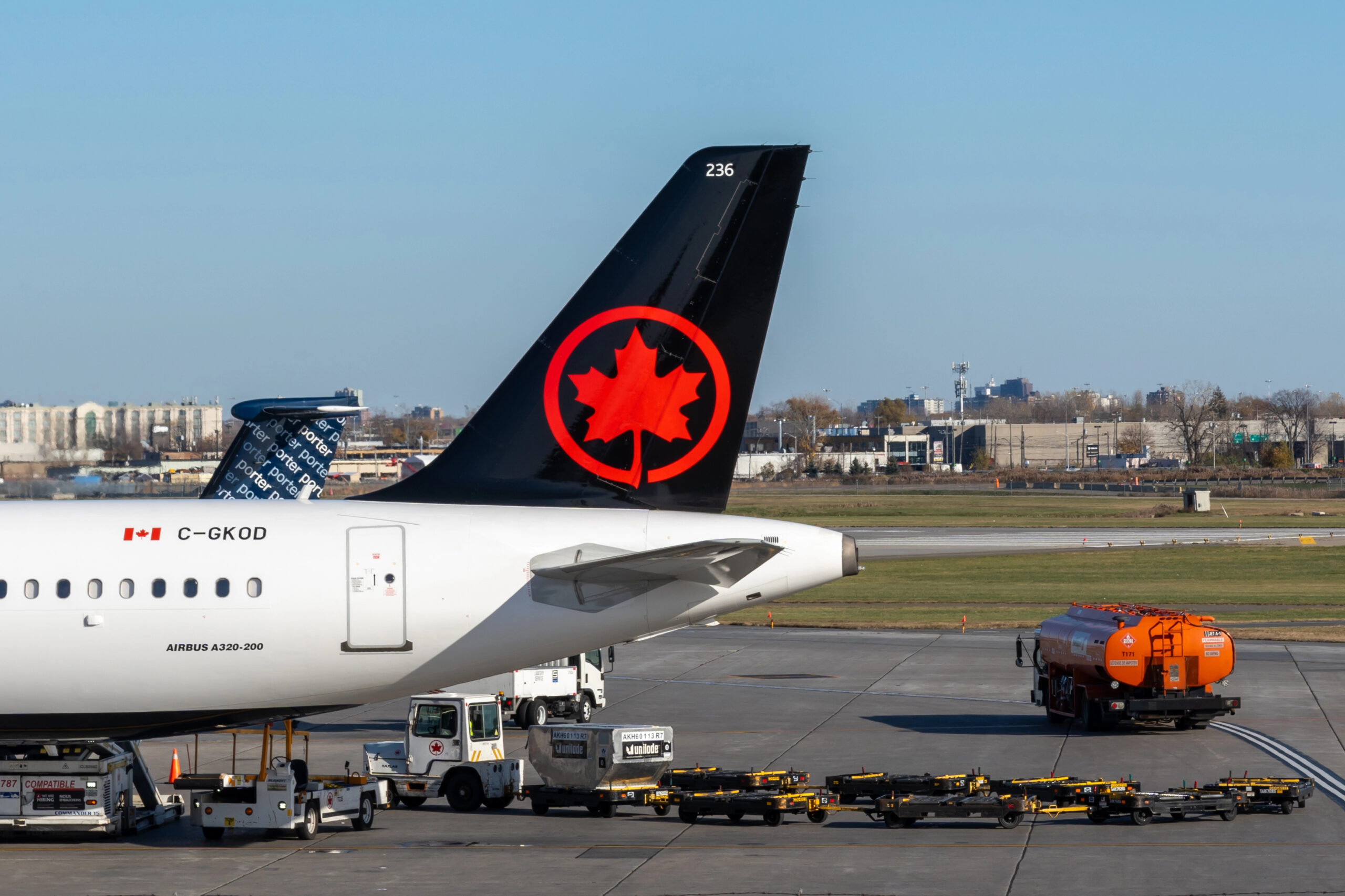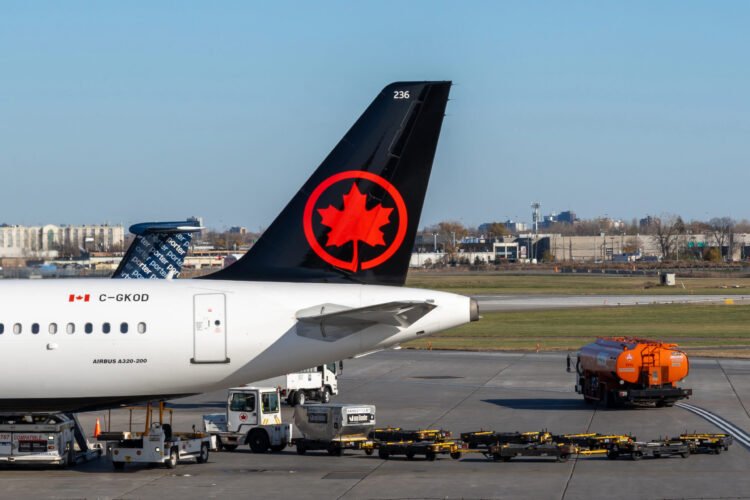After a nearly four-day strike that grounded flights and stranded hundreds of thousands of passengers, Air Canada flight attendants have reached a tentative agreement with the airline. The breakthrough, announced by the Canadian Union of Public Employees (CUPE) and confirmed by Air Canada, signals the end of a contentious labour dispute that began over the weekend. Flights started to resume late Tuesday, though the airline cautioned that it could take several days for full service to be restored due to aircraft and crew being out of position.
The Core of the Dispute
The dispute, which involved more than 10,000 flight attendants, centred on issues of pay and scheduling. According to CUPE, Air Canada’s initial offer was “below inflation, below market value, below minimum wage” and failed to address concerns about unpaid work, such as the time spent boarding and waiting at airports before flights. In a statement, the union declared that “unpaid work is over,” hailing the negotiations as a “historic fight” for the industry.
While the full terms of the deal have not been publicly disclosed, CUPE has described the agreement as achieving “transformational change” for its members. Reports from CBC News suggest that the agreement includes immediate pay increases of 8% to 12% for flight attendants. The tentative deal is also said to grant flight attendants at least one hour of ground pay for their pre-flight duties, compensated at 50% of their hourly rate, increasing annually.
The resolution comes after a tense period of escalating tensions. The strike was deemed “unlawful” by the Canadian Industrial Relations Board, which had ordered the union to return to work on Monday. CUPE had also previously rejected a government order to enter binding arbitration, accusing the government of “caving to corporate pressure.” Following the union’s refusal, Jobs Minister Patty Hajdu encouraged the parties to resume talks and announced a probe into “the allegations of unpaid work in the airline sector.”

Resumption of Service and Broader Impact
The negotiations, which started with the help of a government-appointed mediator, led to the agreement early on Tuesday. Canadian Prime Minister Mark Carney expressed his relief on social media, hoping the deal would “ensure flight attendants are compensated fairly at all times, while ending disruption for hundreds of thousands of Canadian families, workers, and visitors to Canada.”
With the tentative agreement in place, the union has advised its members to “fully co-operate with resumption of operations.” However, Air Canada, which typically operates around 700 daily flights, has noted that it will take time to return to normal operations. The airline has also stated that it will not comment on the specific terms of the deal until the flight attendants have ratified it.15 The strike has impacted more than 500,000 passengers, highlighting the significant disruption caused by the nearly four-day walkout.16
















